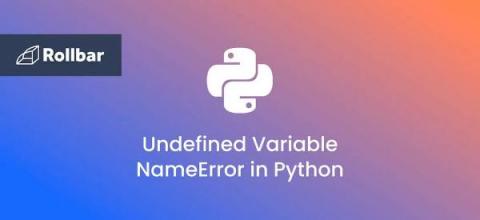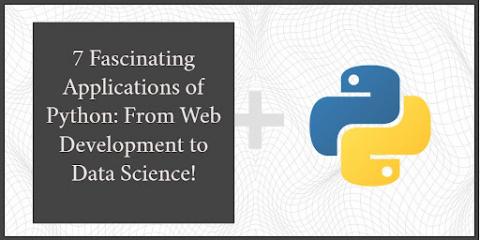A comprehensive guide on how to migrate from Python to Go
In this guide, you will learn the advantages of migrating from Python to Go, common challenges, different approaches to migration, and two methods for migrating: manually vs. with the gopy package.










